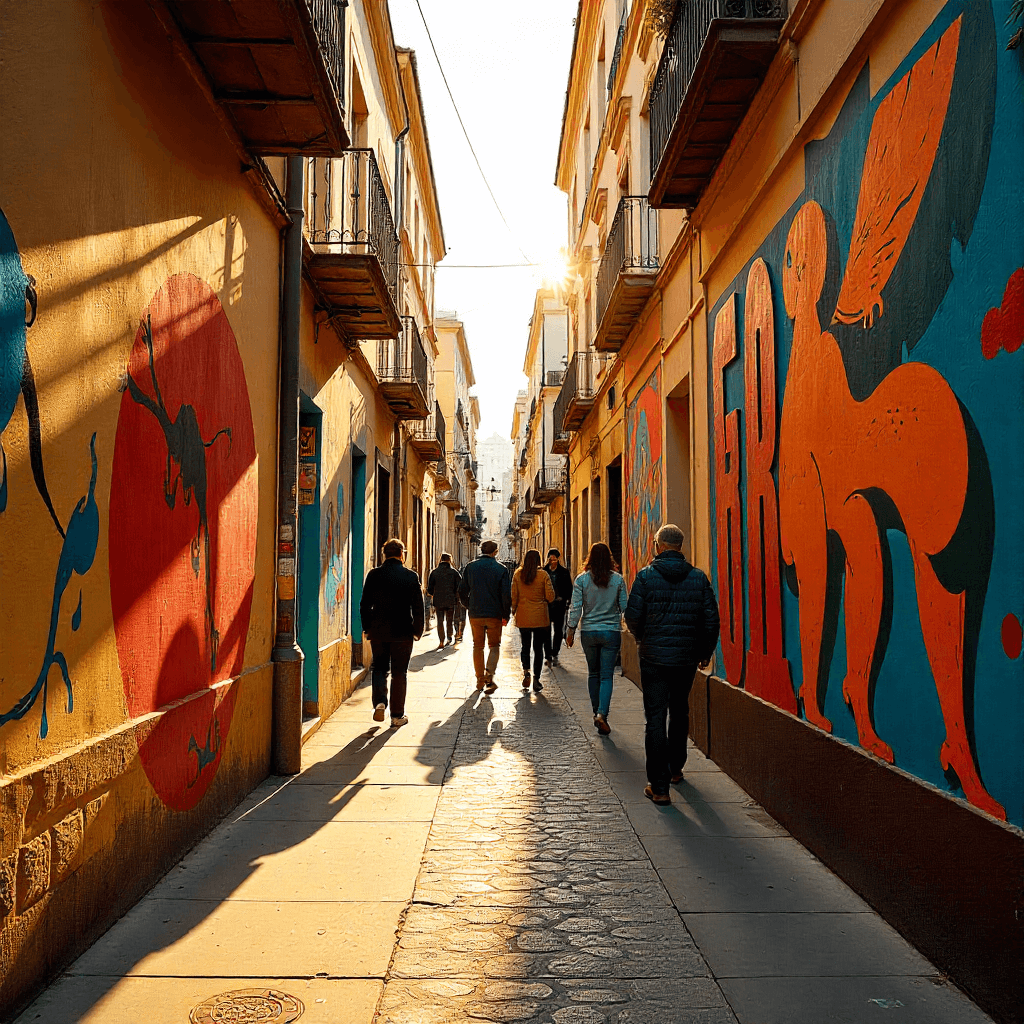Tourism as a Catalyst for Economic Diversification
Tourism is increasingly recognized as a powerful engine for economic diversification and social inclusion in Landlocked Developing Countries (LLDCs). These nations, often facing unique challenges due to their geographic location away from seaports, are discovering how sustainable tourism can broaden their economic horizons and promote inclusive growth.
International Tourism Arrivals and Untapped Potential
By 2024, LLDCs received an estimated 50 million international tourists, accounting for roughly 3.5% of global arrivals. However, despite this influx, their share of tourism export revenues remains modest at just 1.4%. The average income generated per tourist arrival in these countries is significantly lower than the global average — USD 445 compared to USD 1,182 worldwide. This gap indicates ample room for harnessing tourism’s full economic potential through smart policies and value maximization.
Integrating Tourism with Broader Economic Structures
The Awaza Programme of Action (APoA) for 2024–2034 places tourism at the heart of LLDC development strategies. It aims not only to double the output of service sectors such as tourism but also to strengthen the connections between tourism, agriculture, creative industries, and cultural sectors. This multi-sectoral approach promises to generate diverse income streams and overall structural transformation.
| Priority Areas in APoA 2024-2034 | Key Tourism-Related Targets |
|---|---|
| Structural Transformation | Double service sector output including tourism |
| Private Sector Development | Foster public-private partnerships in tourism |
| Foreign Direct Investment | Attract investments to boost tourism infrastructure |
| Transit, Transport, and Connectivity | Improve infrastructure to ease tourist access |
Accelerating Sustainable Tourism
Leaders and experts from Turkmenistan, Uzbekistan, Tajikistan, and organizations like the UN Food and Agriculture Organization (FAO) and Japan International Cooperation Agency (JICA) emphasize several pillars for tourism growth in LLDCs:
- Infrastructure development to support seamless travel and enhance destination accessibility.
- Community participation ensuring locals are active stakeholders in tourism’s benefits.
- Capacity building for MSMEs to empower small and medium-sized enterprises in offering quality services.
- Responsible and sustainable tourism promoting environmental and cultural respect.
- Product development to diversify tourism offerings and attract varied market segments.
- Public-private collaboration to stimulate investment and innovation within the sector.
Tourism for Rural Development: Empowering Local Communities
The UN Tourism’s Tourism for Rural Development Programme is designed to accelerate inclusive growth by focusing on community well-being in rural areas. Notably, it supports several initiatives that bolster rural tourism:
- Best Tourism Villages: A self-assessment tool that guides rural destinations in improving their tourism appeal and sustainability.
- Small Grants Programme: Currently piloted in Africa with support from the Tui Care Foundation, this initiative finances grassroots tourism projects to empower local communities.
Key Recommendations for Sustainable Growth
The dialogue at the LLDC event yielded strategic recommendations crucial for tourism to serve as an engine of economic diversification and social inclusion:
- Prioritize tourism as a central pillar in economic strategies, focusing on nature-based, rural, and cultural tourism that fosters job creation and entrepreneurship.
- Enhance cross-sector links between tourism and agriculture, creative industries, cultural heritage, and conservation to build strong value chains.
- Upgrade infrastructure and connectivity, especially air transportation, to facilitate smoother travel and regional integration.
- Support MSMEs and community-led tourism with inclusive policies and sustainability-oriented training.
- Establish diverse financing mechanisms, such as small grants and public-private partnerships to amplify grassroots initiatives and sustainable tourism models.
택시 및 환승 서비스에 대한 시사점
As tourism grows in LLDCs, the demand for quality and reliable ground transportation—such as taxis and private transfers—will inevitably increase. Here, platforms like GetTransfer.com can play a pivotal role. Travelers can book transfers tailored to their needs, choosing vehicles by make, model, and driver ratings, providing transparency rarely matched by traditional services. This smooth connectivity contributes directly to enhancing the overall tourist experience and supports the goals of regional development.
요약 및 전망
Tourism stands out as a promising driver for economic diversification and social inclusion in Landlocked Developing Countries. While arrivals today represent a significant portion of global tourism, these nations still have untapped opportunities to increase the financial benefits and quality of tourism experiences. The strategic focus on infrastructure, rural development, community engagement, and cross-sector collaboration outlined in the Awaza Programme of Action is paving the way for sustainable transformation.
이러한 통찰력의 중요성을 강조하면서, 어떤 리뷰나 피드백도 여행의 직접적인 경험을 대체할 수 없다는 점을 인정하는 것이 필수적입니다. GetTransfer.com에서는 여행객들이 다양한 검증된 제공업체로부터 저렴하고 편리한 차량 서비스를 선택할 수 있으며, 광범위한 차량 선택이 가능합니다. 이를 통해 관광객들은 원치 않는 놀라움을 피하고 돈의 가치를 보장하면서 정보에 입각한 결정을 내릴 수 있습니다. 플랫폼의 투명성, 경쟁력 있는 가격, 추가 옵션은 개발 도상국 여행객들의 증가하는 요구에 완벽하게 부합합니다. 차량 예약 GetTransfer.com.
이러한 성장하는 관광 부문이 전 세계 여행 환경을 하룻밤 사이에 급격하게 바꾸지는 않겠지만, 지역 경제와 그 사람들에게 중요한 의미를 지닙니다. GetTransfer는 이러한 발전에 대한 최신 정보를 유지하고 여행자가 변화하는 세계를 자신 있게 탐색하도록 돕기 위해 끊임없이 노력하고 있습니다. 다음 모험을 계획하고 GetTransfer를 통해 전 세계 이동편을 확보하세요.
간단히 말해서, 지역 경제 활성화, 지역 사회 역량 강화, 농촌과 도시 부문 연결에서 관광의 역할은 그 어느 때보다 분명합니다. LLDC가 서비스 부문 생산량을 두 배로 늘리고 연결성을 개선하기 위해 노력함에 따라 택시 및 교통편 서비스는 관광 기계의 필수적인 톱니바퀴가 됩니다. GetTransfer.com과 같은 플랫폼은 공항 교통편 및 도시 내 차량 서비스를 포함하여 정확하고 신뢰할 수 있으며 가격이 책정된 차량 서비스를 제공함으로써 관광객이 상쾌하고 준비된 상태로 독특한 목적지를 탐험할 수 있도록 보장합니다.


댓글